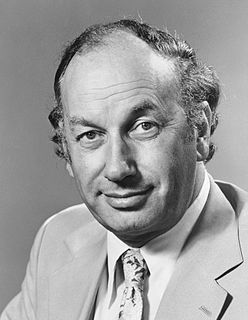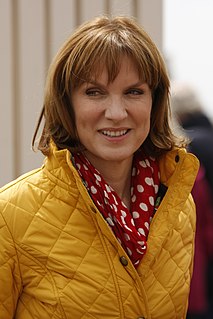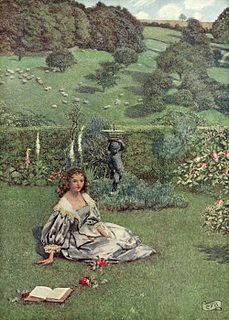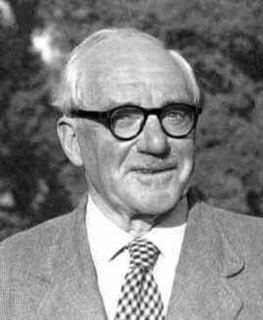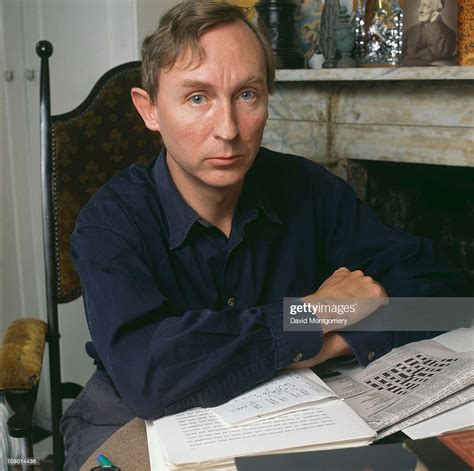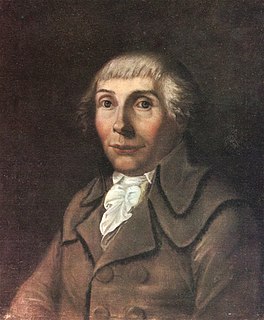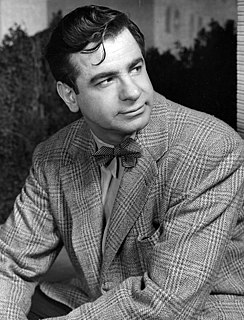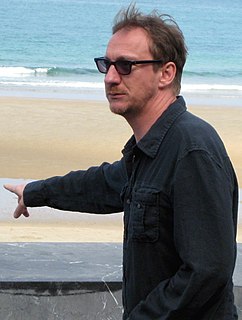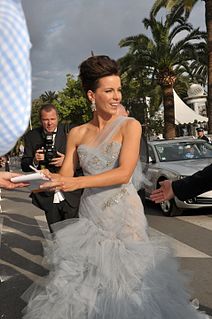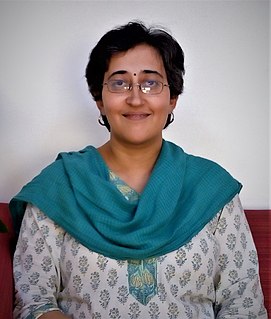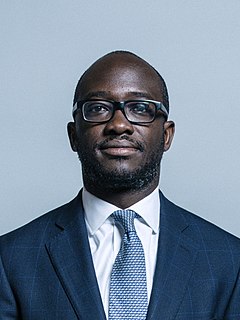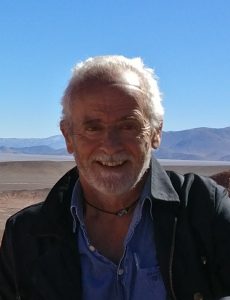Top 356 Oxford Quotes & Sayings - Page 5
Explore popular Oxford quotes.
Last updated on November 7, 2024.
There are many important books on oral history. My book was the launch title in the Understanding Qualitative Research series with Oxford University Press. I think what makes my book and all of the series books unique is the emphasis on writing instruction for researchers who want to use the method being described.
I was not proficient in Latin and so was not able to go to Oxford or Cambridge. However, I did enter the first-rate chemistry honours program at the University of Manchester in 1950, where the professors were E.R.H. Jones and M.G. Evans, and graduated in 1953, with the financial support of a Blackpool Education Committee Scholarship.
On the rare occasions when I spend a night in Oxford, the keeping of the hours by the clock towers in New College, and Merton, and the great booming of Tom tolling 101 times at 9 pm at Christ Church are inextricably interwoven with memories and regrets and lost joys. The sound almost sends me mad, so intense are the feelings it evokes.
I've done a lot of Shakespeare onstage, and I'm not convinced that the Earl of Oxford was the author of all those works, but I am convinced that the Stratfordian William Shakespeare was not. My feeling is that it was an amalgamation of many writers, in the same way that most films are a collaborative endeavor.
I'd gone to Oxford to do graduate studies in the history of the slave trade, but I came across Georgiana's letters, gave up that thesis, and wrote one on her instead. When I learned that Georgiana's great-nephews supported opposite sides in the American Civil War, I knew this would be the perfect sequel.
The Sheldonian Theatre in Oxford is an astonishing building, designed by Christopher Wren. Its painted ceiling has just been restored so that the darkish miasma that was Robert Streeter's original allegory of truth and light striking the university is now bright with playful cherubs and lustrous clouds.
In spite of the roaring of the young lions at the Union, and the screaming of the rabbits in the home of the vivisect, in spite of Keble College, and the tramways, and the sporting prints, Oxford still remains the most beautiful thing in England, and nowhere else are life and art so exquisitely blended, so perfectly made one.
After I returned from Oxford, I spent 5-6 years in a village in Madhya Pradesh - 25 km. outside Bhopal - along with a group of people working with the communities. But, over time, we realised that there were just too many constraints, and for ordinary citizens to be the change agent was not that easy.
I was born in the UK and brought up by my single mother in Ghana, where being black was unexceptional. As an adult, I learnt to succeed in white Britain, going from a state sixth form, to Oxford university, to a well-paid job in the City, to becoming the first black Conservative MP to attend the cabinet.
